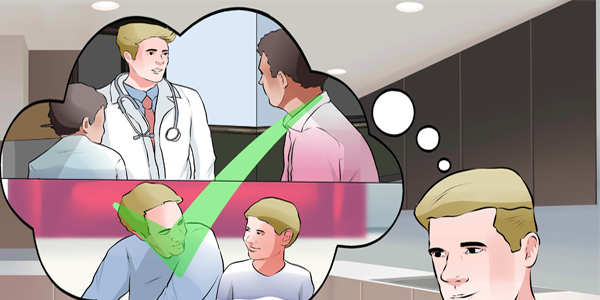Conduct Disorder Mental Treatment
Conduct Disorder (CD) is a mental disorder diagnosed in childhood or adolescence that presents itself through a repetitive and persistent pattern of behavior in which the basic rights of others or major age-appropriate norms are violated.

Conduct Disorder is a common childhood psychiatric problem that has an increased incidence in adolescence. The primary diagnostic features of conduct disorder include aggression, theft, vandalism, violations of rules and/or lying. For a diagnosis, these behaviors must occur for at least a six-month period. Conduct disorder has a multifactorial etiology that includes biologic, psychosocial and familial factors. The differential diagnosis of conduct disorder includes oppositional defiant disorder, attention-deficit/hyperactivity disorder (ADHD), mood disorder and intermittent explosive disorder. Family physicians may provide brief, behaviorally focused parent counseling, pharmacotherapy including conduct disorder mental treatment services and referral for more intensive family and individual psychotherapy.
Conduct Disorder is a Psychiatric Syndrome occurring in childhood and adolescence, and is characterized by a longstanding pattern of violations of rules and antisocial behavior.
Clinical Features of Conduct Disorder
Four types of symptoms of Conduct Disorder are recognized:
(1) Aggression or serious threats of harm to people or animals;
(2) Deliberate property damage or destruction (e.g., fire setting, vandalism);
(3) Repeated violation of household or school rules, laws, or both; and
(4) Persistent lying to avoid consequences or to obtain tangible goods or privileges
